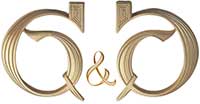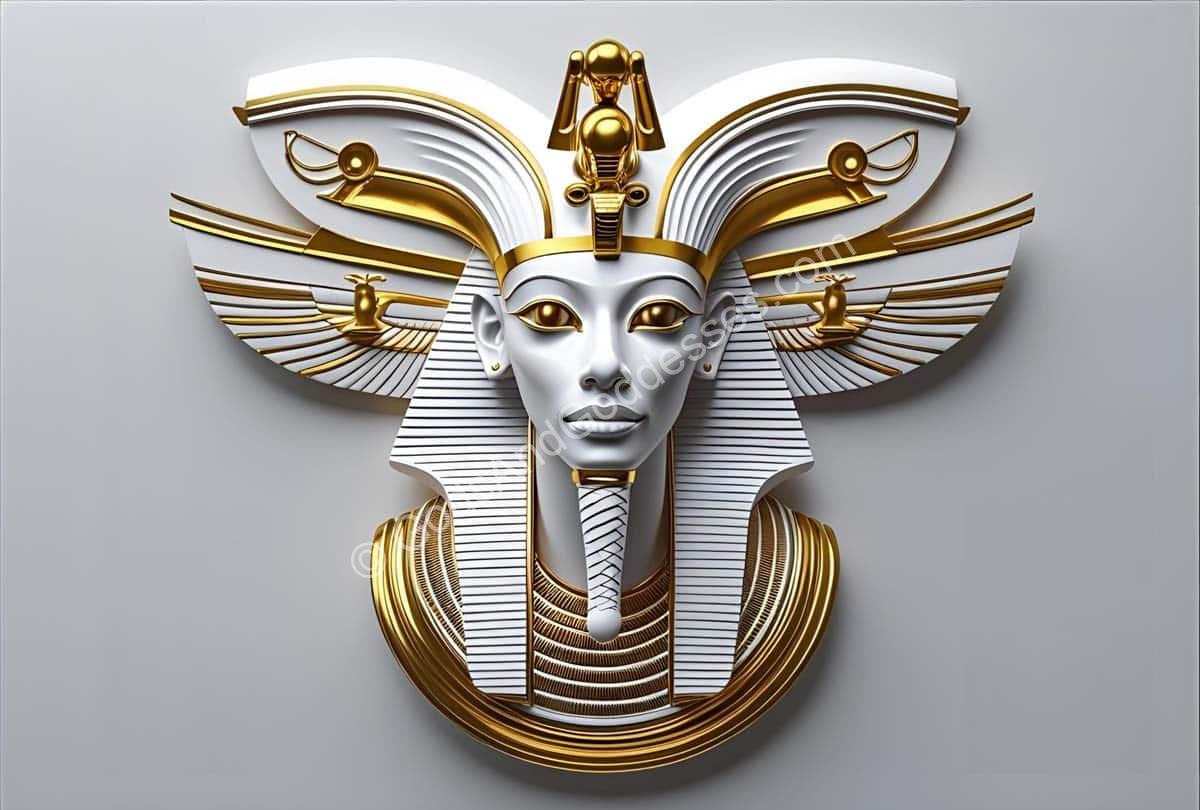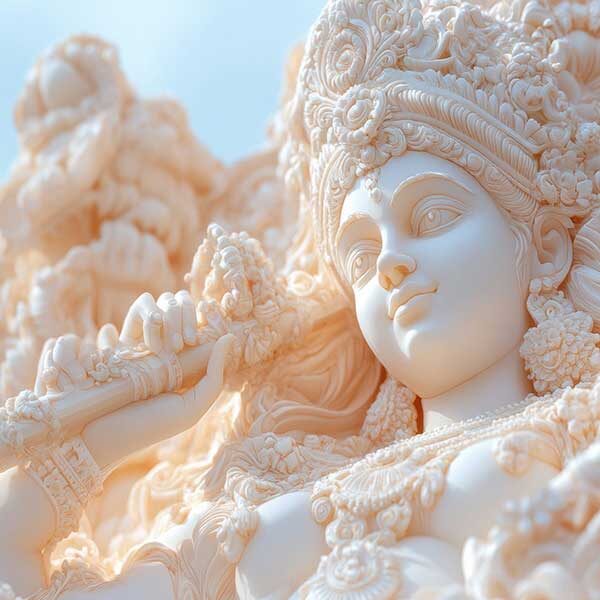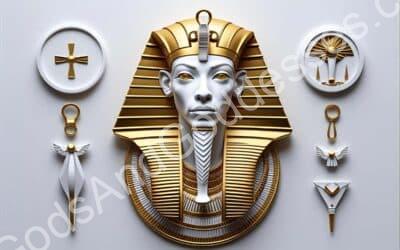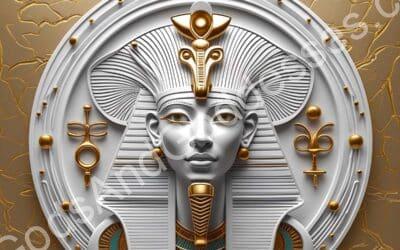Horus Egyptian Sky God
In the vast and symbolic pantheon of Egyptian Gods, few figures loom as large as Horus, the falcon-headed deity of the sky, kingship, and protection. Revered for vision, victory, and divine authority, Horus shaped the identity of pharaohs and defined what it meant to rule under heaven’s blessing.
At GodsAndGoddesses.com, we explore how Gods and Goddesses in Mythology embody cosmic order and human aspiration, and Horus is among the most enduring.
“Horus is the falcon that soars above the world, the eye that never closes, and the protector of all who walk beneath his sky.”
Key Takeaways: Horus, Egyptian Sky God
-
Sky and Kingship – Horus embodied the heavens and divine rule.
-
The Pharaohs – Every pharaoh was considered the “Living Horus.”
-
Protector and Avenger – He avenged Osiris against Set and safeguarded order.
-
The Eye of Horus – His most famous symbol, representing protection, healing, and restoration.
-
Archetypal Power – Horus embodies the Avenger, Protector, Heir, and Sky God.
Who Is Horus in Egyptian Mythology?
Horus is one of the most important gods in the Egyptian pantheon. His name means “the distant one” or “he who is above,” reflecting his role as a sky deity. He was invoked for order, guardianship, kingship, and divine justice.
See also: Egyptian Gods.
The Myth of Horus and Set
One of Horus’s defining myths is his conflict with his uncle Set, who murdered Osiris, Horus’s father.
-
The Avenger of Osiris – With the support of Isis, his mother, Horus grew up to challenge Set for the throne.
-
The Battle for Kingship – Their rivalry included epic contests before the gods.
-
The Loss of the Eye – Horus lost one of his eyes, later healed and restored, becoming the Wedjat (Eye of Horus).
-
Victory and Kingship – Ultimately, Horus triumphed, legitimizing his rule and securing order.
This myth symbolized the eternal battle between order (Ma’at) and chaos.
Horus and Kingship
Every pharaoh was considered an earthly embodiment of Horus. Kings bore the “Horus name” in their titulary.
Horus symbolized:
-
Legitimate kingship and dynastic continuity.
-
Protection of rulers and their authority.
-
Victory over chaos and foreign enemies.
The Eye of Horus
The Eye of Horus (Wedjat) is one of the most enduring symbols in mythology.
-
Protection – Guarding against evil.
-
Healing and Restoration – A symbol of renewal.
-
Wholeness – Associated with harmony and health.
It was widely used in amulets, funerary art, and daily rituals.
See also: God Symbols.
Variations of Horus
Horus’s identity evolved over time:
-
Horus the Elder – Early sky god.
-
Horus the Younger – Son of Osiris and Isis, avenger of his father.
-
Ra-Horakhty – A fusion with Ra, “Horus of the Horizons.”
-
Harpocrates – The child Horus in Greek and Roman traditions.
Symbols and Attributes of Horus
-
Falcon – His most common form.
-
The Eye of Horus – Protection and healing.
-
The Double Crown – Uniting Upper and Lower Egypt.
-
Sky Imagery – His eyes were said to be the sun and moon.
Worship of Horus
Horus was worshiped across Egypt.
-
Edfu – Temple dedicated to Horus the Avenger.
-
Nekhen – An early Horus cult center.
Rituals invoked him for protection, kingship, and victory over chaos.
See also: God Worship and Rituals.
Archetypal Power of Horus
-
The Avenger – Justice and balance.
-
The Protector – Guardian of rulers and people.
-
The Heir – Legitimate succession.
-
The Sky God – Vision and divine authority.
Horus in Comparative Mythology
-
Apollo (Greek) – Sun and sky associations.
-
Jesus (Christianity) – Archetype of the son restoring the father’s legacy.
-
Odin (Norse) – Visionary god with symbolic eye connections.
Horus in Modern Culture
-
Archaeology – Horus imagery in temples and tombs.
-
Spirituality – Honored in Kemetic traditions today.
-
Pop Culture – Appears in literature, video games, and films.
FAQs About Horus
What is Horus the god of?
The sky, kingship, protection, and divine justice.
What is the Eye of Horus?
A symbol of protection, healing, and wholeness, based on his restored eye.
Who were Horus’s parents?
Osiris and Isis.
How did Horus defeat Set?
Through a series of trials and battles, eventually securing kingship and restoring order.
Conclusion
Horus is the falcon god of kingship and protection, a deity whose myths shaped Egyptian identity for thousands of years. As the avenger of Osiris and the ruler of the sky, Horus represents justice, legitimacy, and the eternal struggle against chaos. His Eye remains one of the most enduring symbols of healing and protection, recognized across the world.
Explore more:
“To walk beneath Horus’s gaze is to walk beneath the sky itself—protected, judged, and guided by divine vision.”
- Odin God Story - August 24, 2025
- The Story of Ra: Egyptian Sun God and Creator - August 24, 2025
- Kraken: Mythological Sea Monster of the Deep - August 24, 2025
